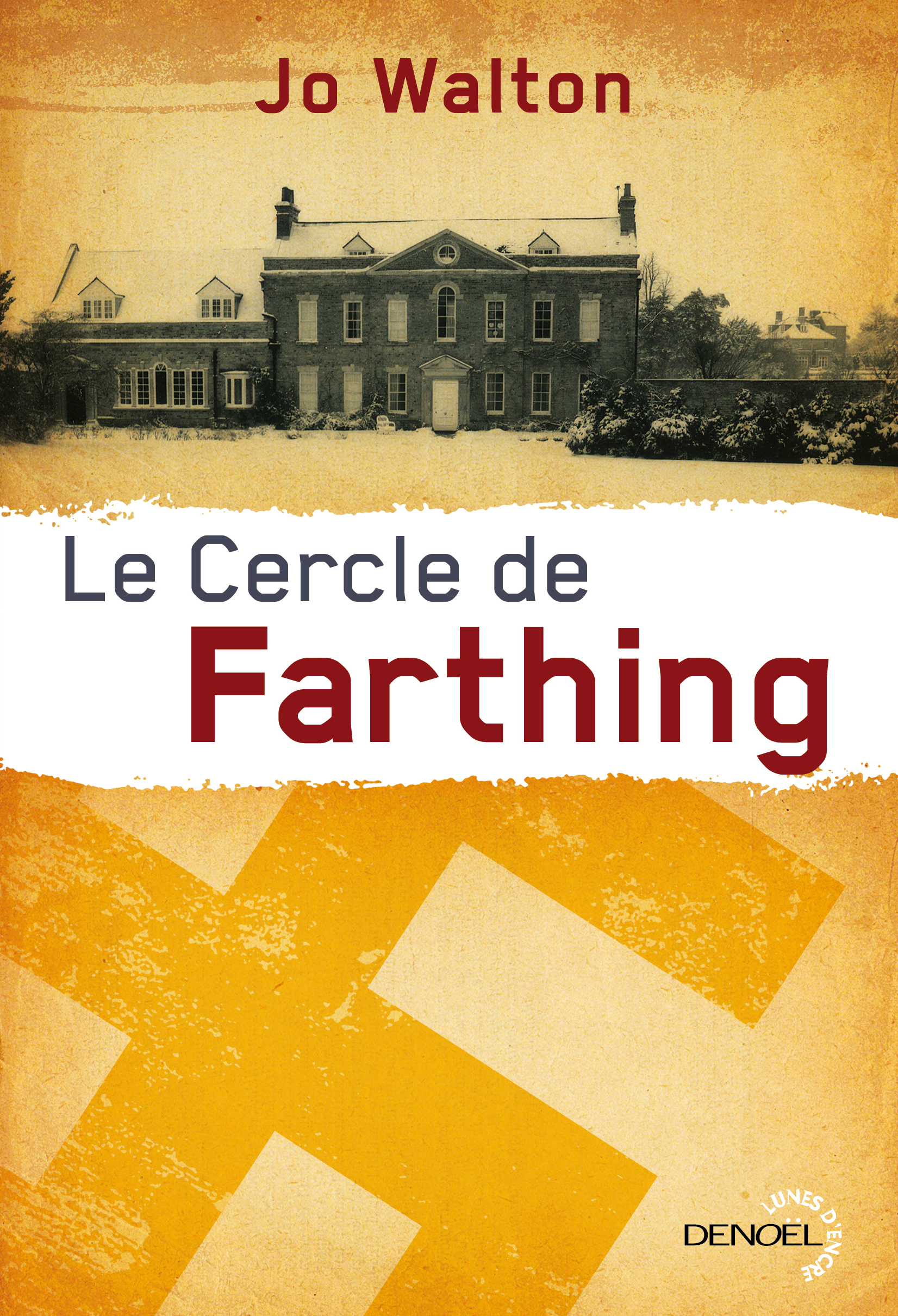I was pegging out clothes on the line this morning, and thinking to myself, the way you do:
“Summer surprised us, coming over the Starnbergersee
With a shower of rain; we stopped in the colonnade,
And went on in sunlight, into the Hofgarten,
And drank coffee, and talked for an hour.
Bin gar keine Russin, stamm’ aus Litauen, echt deutsch.”
and I suddenly thought “1922!”
It’s not that I didn’t know The Waste Land was published in 1922, it’s just that I have never been able to hear “echt deutch” without also knowing lebensraum and drang nach osten and all the rest of the whole Nazi ethic, and I always took that line to be a deliberate echo of death and destruction hanging over the coffee and the gardens. But I have been an idiot, and Eliot (1922!) meant that to be a line of the sort of boring conversation people have in hotels with semi-strangers, as if it said “But I’m not from Kansas, Kansas City is in Missouri”, but I have read it and thought it hundreds and thousands of time as referring to something that hadn’t even started when it was written.
So I was thinking about this, and I thought, and this is a fantasy thought, well, is it only me reading with hindsight, or could it actually be prophetic? This is a poem that contains Tiresias, after all, and Madame Sosostris, it’s about Europe and reality. It’s the first major pagan poem after a couple of thousand years of Christian poetry, might not Apollo have breathed something into it, as he did into the Bacchae? (Yes, I know Eliot became a Christian, but that was later.) And then I thought — if he did, if he made that hint foreshadow, if Apollo breathed chirascuro into The Waste Land and about that of all things, then what does that say about Apollo?
Nothing I didn’t know already. If you can see some of the future and cannot change it (not omnipotent, and not omnibenevolent, not necessarily nice) and if you want poetry? Heck of a thing, even so.
I too can connect nothing with nothing.
Shantih, shantih, shantih.



